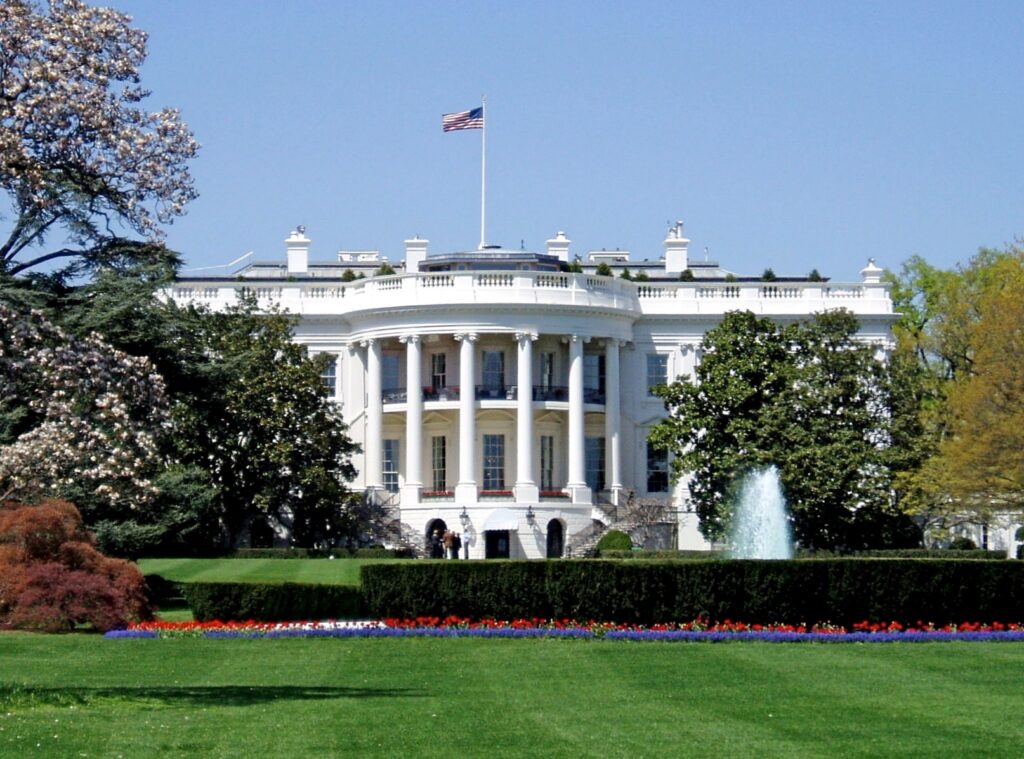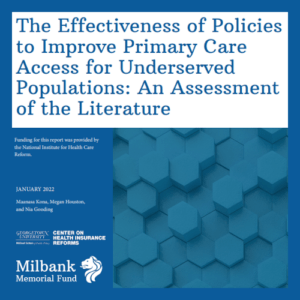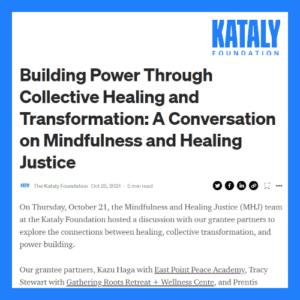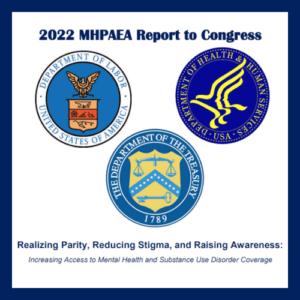The Final Reconciliation Package: Implementation of Key Provisions
On July 4, 2025, H.R. 1, the One Big Beautiful Bill Act, was signed into law. The implementation dates for key health care provisions in the law vary, with some taking effect immediately upon passage and others being implemented over several years. This resource details key dates for the implementation of the law’s most significant health care provisions.
Deadlines in Health-Related Executive Orders and Presidential Memoranda
This GIH policy resource details many of the health-related executive orders issued by the administration and includes a calendar of upcoming implementation deadlines.
Beyond the Exam Room: Impacting Health Outcomes Through Civic Engagement
August marks Civic Health Month, a time to showcase the link between voting and health and celebrate efforts that ensure every voter can support their community’s health at the ballot box. At the same time, the United States is grappling with a health care system ranked 37th globally despite consuming 17 percent of the country’s GDP. With 26 million Americans uninsured and 43 million underinsured, the gap in access to care continues to widen. This crisis will deepen as critical ACA subsidies expire at the end of 2025, potentially leaving 3.8 million more Americans without coverage, in addition to new federal cuts to Medicaid and changes to how coverage is accessed through the health insurance marketplace, which could result in as many as 20 million Americans losing their health insurance.
Planning for the End of the Continuous Coverage Requirement: A Communications Toolkit for States
The end of the Medicaid continuous coverage requirement presents states with tremendous opportunities to keep individuals enrolled in health coverage. This toolkit provides a communications planning guide and template communications resources designed to support state Medicaid agencies as they prepare for the upcoming end of the continuous coverage requirement.
What Eliminating Barriers to Interstate Telehealth Taught Us During the Pandemic
Early in the COVID-19 pandemic, nearly all states and the federal government approved unprecedented flexibilities that significantly aided the response to the crisis by expanding telehealth, bolstering care in underserved areas, increasing access to mental health services, and importantly, providing some relief for overstressed hospitals and health systems losing health care workers. Now, as temporary waivers in most states are expiring, this publication describes opportunities to apply lessons learned to bring long-term benefits to the health care system.
The Effectiveness of Policies to Improve Primary Care Access for Underserved Populations
This report reviews the research literature to assess the evidence supporting whether policy initiatives targeting primary care access in each of these five dimensions have been effective in reducing health care disparities. The policy initiatives considered vary widely in terms of the decisionmakers best suited to implement them and therefore require multi-sector collaborative solutions to improve access to primary care in underserved areas.
Mindfulness and Healing Justice
The Kataly Foundation’s Mindfulness and Healing Justice program hosted a discussion with grantee partners to explore the connections between healing, collective transformation, and power-building. The conversation highlighted the need to meaningfully resource mindfulness and healing justice work led by Black and Indigenous people and all communities of color.
Realizing Parity, Reducing Stigma, and Raising Awareness
The Department of Health & Human Services, Department of Labor, and Department of the Treasury have released the 2022 Mental Health Parity and Addiction Equity Act report to Congress. The new report provides updates on compliance, enforcement, and consumer protection efforts.
Behavioral Health Data Added to Health Equity Tracker
The Health Equity Tracker, supported by the Satcher Health Leadership Institute at Morehouse School of Medicine, Annie E. Casey Foundation, CDC Foundation, Gilead Sciences, Google.org, and AARP, recently announced the creation of a behavioral health category and the addition of six indicators related to mental health and substance use.







